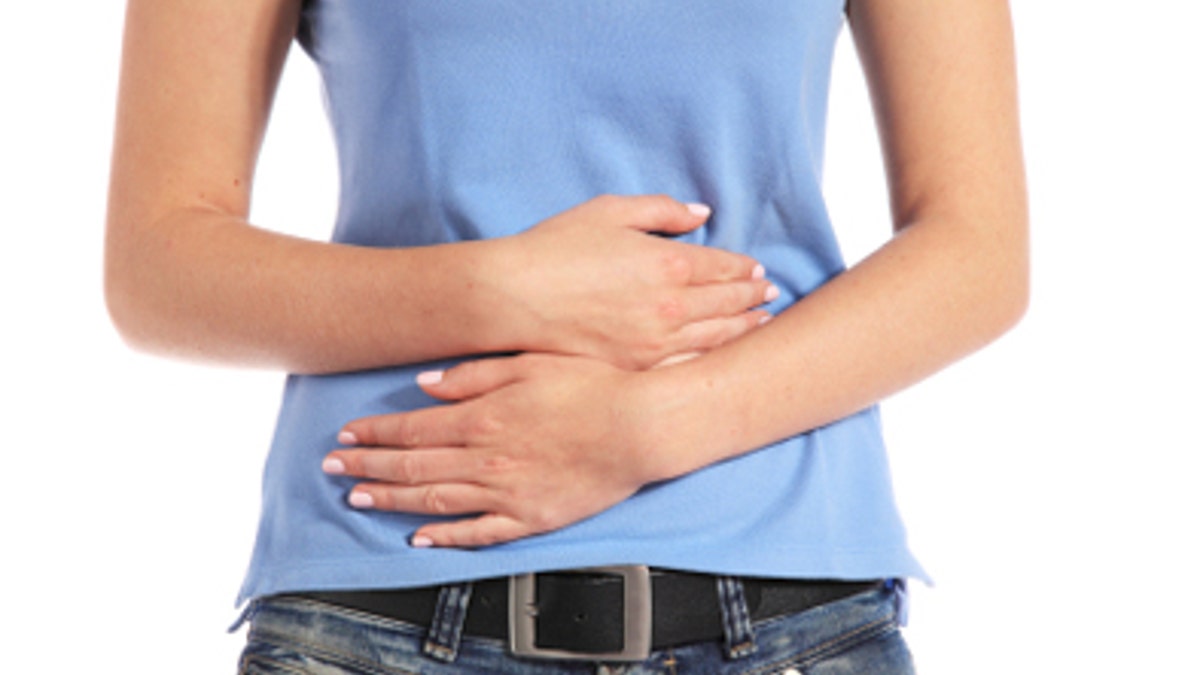
A diet high in fiber promotes good health in a variety of ways: fiber helps lower cholesterol, regulates blood sugar levels, helps with weight loss, it reduces the risk of heart disease, diabetes, and some cancers, and much more. All of this is supported by a major study by the National Institutes of Health that found that people who ate a diet high in fiber actually live longer.
Fiber does something else: it prevents chronic constipation, which is more than just uncomfortable - it can lead to a condition called diverticulosis in which pouches form along the walls of the large intestine. The main concern for people with diverticulosis is the risk of diverticulitis in which the diverticula (pouches) become infected or inflamed. This condition is not only extremely painful, but there isn’t a cure for it.
Here are some facts you should know about diverticulosis:
Causes: A diet devoid of fiber is the main reason for developing diverticulosis. Other possible causes for this condition include; people over age 40, obesity, smoking, and lack of exercise. The main reason behind all of these is that the bowel walls lose strength and elasticity putting increased pressure that can lead to the diverticula forming. In the past it was thought that foods such as nuts, corn, seeds and popcorn were a factor for developing diverticulitis by getting trapped in the diverticula. However, research has shown that eating these foods does not cause of diverticulitis nor do they increase the chance of developing the condition. In fact, some studies suggest that these foods may decrease the risk - especially in men.
Symptoms: Diverticulosis does not have any symptoms, so you might have it and not realize it, but once you have had a bout with diverticulitis you will never forget what it feels like. The most common symptoms include; sharp intense pain in a person’s abdomen that tends to worsen within days of onset. Other symptoms of diverticulitis are fever, nausea, vomiting and either constipation or diarrhea.
Prevention: To prevent diverticulosis and decrease the risk for diverticulitis one simple step is to drink plenty of fluids, which help move waste easily out of the body. However, diet is still the best way to prevent diverticulosis and eating a high fiber diet that prevents chronic constipation. Americans generally get less than half the recommended amount of fiber. Women should aim for 25-30g of fiber each day and for men it is up to 35g daily. It’s not difficult to get enough fiber because high fiber foods are readily available at your supermarket and farmer’s market. Delicious, nutrient-packed foods rich in fiber include artichokes, broccoli, peppers, carrots, apples, pears, kiwi and much more.
For more tips, delicious high fiber meal plans, recipes, and proven ways to lose weight and look great, check out my new book The Miracle Carb Diet: Make Calories and Fat Disappear – with Fiber!
Tanya Zuckerbrot MS, RD, is a registered dietitian in New York City and author of the Miracle Carb Diet: Make Calories and Fat Disappear – with fiber as well as the bestselling Follow Tanya on Facebook, Twitter and LinkedIn, and visit her website Ffactor.com
